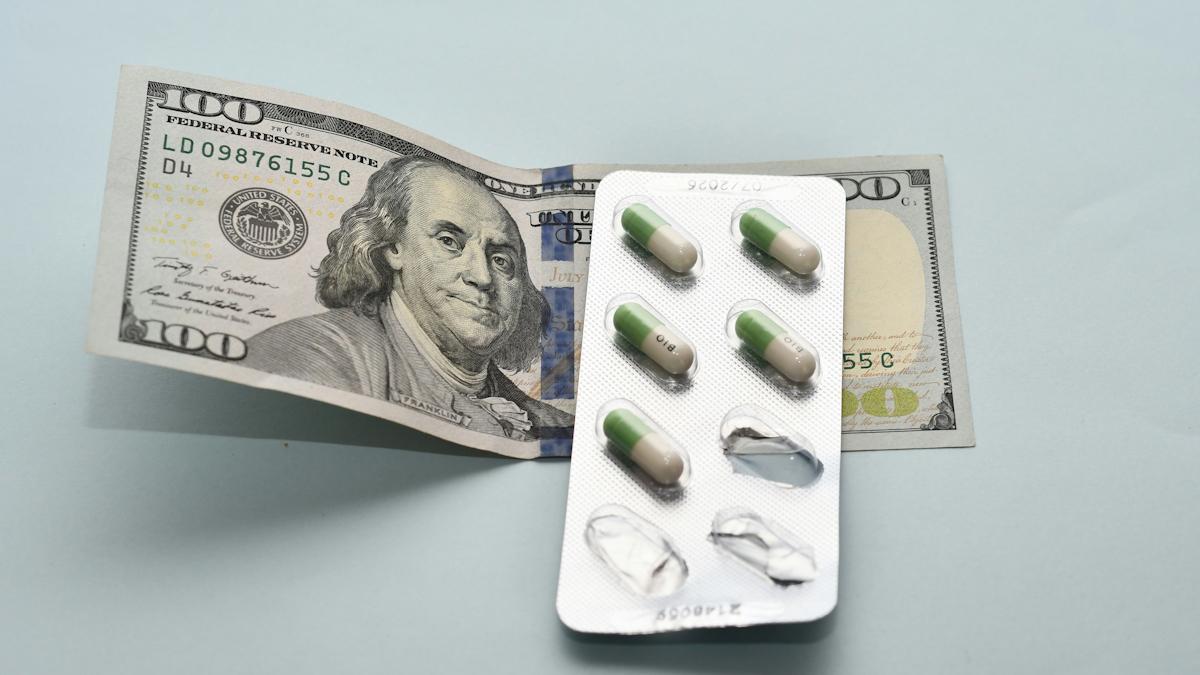First details of Trump's most favoured nation plan emerge

President Donald Trump's plan to introduce a most favoured nation (MFN) system of drug pricing controls is not quite what he first said it would be, according to a statement from the administration.
Whilst introducing the policy earlier this month, Trump said the US price would be "the same price as the nation that pays the lowest price anywhere in the world."
Now, it has been revealed that the MFN target price will be "the lowest price in an OECD country with a GDP per capita of at least 60% of the US GDP per capita," according to a joint update from the Department of Health and Human Services (HHS) and Centers for Medicare & Medicaid Services (CMS).
That is much closer to the framework proposed in a bipartisan bill tabled in Congress by Senators Josh Hawley (R-Missouri) and Peter Welch (D-Vermont) – the Fair Prescription Drug Prices for Americans Act (PDF) – that would set US prices at the average of those in six other countries, namely Canada, France, Germany, Japan, Italy, and the UK.
"For too long, Americans have been forced to pay exorbitant prices for the same drugs that are sold overseas for far less," said HHS Secretary Robert F Kennedy Jr, whilst introducing the plan. "That ends today. We expect pharmaceutical manufacturers to fulfil their commitment to lower prices for American patients, or we will take action to ensure they do."
In an Op-Ed published on Fox News, Kennedy tied the drug pricing policy with Trump's drive to reshore manufacturing of medicines used by Americans to the US, and indicated it would be accompanied by "fundamentally realigning care delivery incentives" and tackling "financial pressures facing state partners and federal programmes."
A Department of Health and Human Services (HHS) document published in January cited RAND data which found that US prices across all drugs – branded and generic – were nearly 2.78 times as high as prices in comparison Organisation for Economic Co-operation and Development (OECD) countries, and at least 3.22 times as high after adjustments for estimated US rebates.
The Pharmaceutical Research and Manufacturers of America (PhRMA) industry body issued a statement on the MFN policy earlier this month which said the US administration "is right to use trade negotiations to force foreign governments to pay their fair share for medicines," adding that US patients "should not foot the bill for global innovation."
However, it asserted that the US is the only country in the world that lets pharmacy benefits managers (PBMs), insurers and hospitals "take 50% of every dollar spent on medicines."
According to PhRMA, the amount going to middlemen often exceeds the price of medicines in Europe.
Photo by Çağlar Oskay on Unsplash












